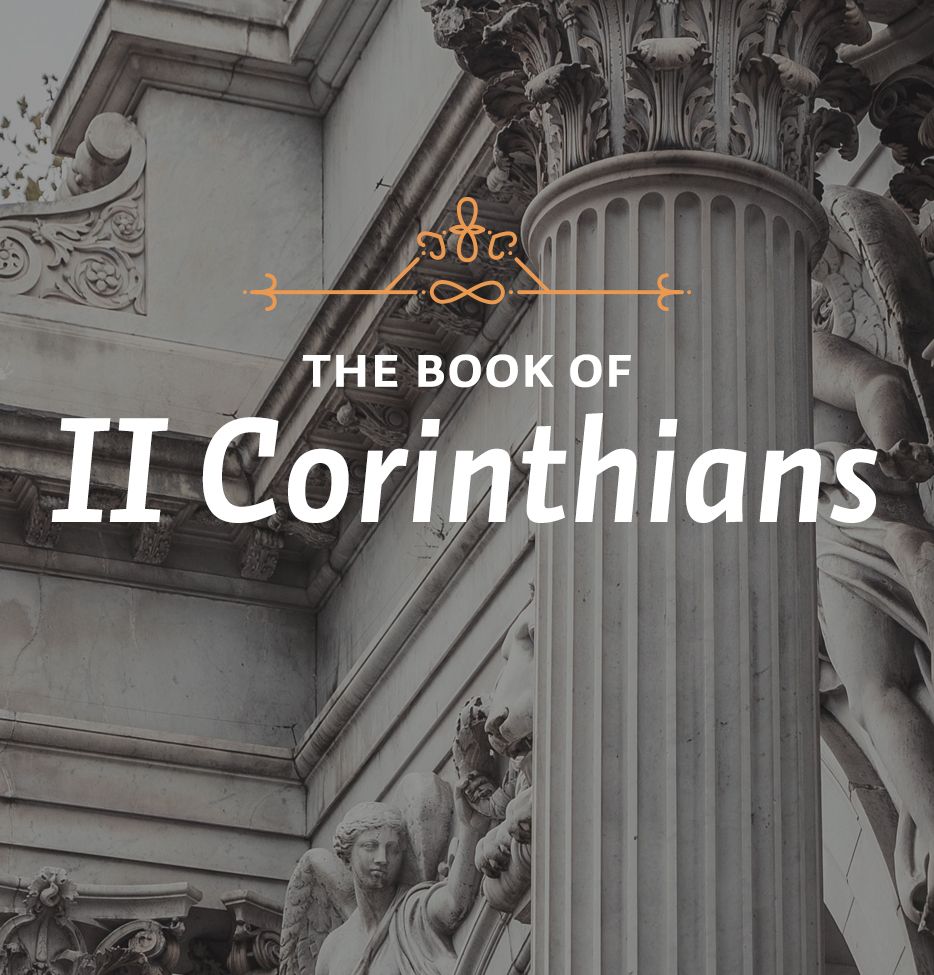Yesterday we saw that Paul’s change of plans gave rise to unreasonable and destructive criticism. It is hard to believe that people who had benefited by Paul’s ministry would be as petty as that or, even if they were not the ones who made the slander, that they were petty enough to at least listen to it. But, that is the way it is. This is true in Christian work. I regret to say it, but there is a great deal of petty criticism leveled. Sometimes we are forced to change plans and people say, “That is somebody who just can’t be trusted. And if they cannot be trusted in little things, how can we believe them when they talk about the Gospel or about Jesus Christ?” That sort of thinking was exactly what Paul had to deal with here, and does so in his second letter to the Corinthians.
We know some of the things that happened. I pointed out when we were studying the first portion of this first chapter of 2 Corinthians that Paul, as he indicates there, had been under unusual pressure, so much so that he says he feared even for his life. We do not know what that pressure was. Paul did not elaborate here. However, later on in the letter he describes some of the things he went through. Those things were horrible! He was beaten, flogged, and shipwrecked, and he was hungry and thirsty. In spite of all those things, he seems to have been describing something else here in this first chapter. Something apparently went very wrong in Asia, bad enough that he thought he might even be killed, and this was the reason that Paul was not able to come to Corinth. And yet people were saying that Paul had failed to come because he was fickle and untrustworthy. All of that makes us ask, if we find ourselves in Paul’s situation, how we can respond when it is God–not our own fickleness, but God–who changes our plans.
Let me suggest some of the ways Paul evidently responded. The first thing Paul did was to examine himself in terms of his own personal integrity. When we are criticized, the natural instinct of the human heart is to rise up in self-defense. If somebody says we’ve done something wrong, we say, “No, I haven’t done anything wrong.” Somebody says, “Well, you failed in this.” We say, “No, I haven’t failed.” When we are criticized, we tend to defend ourselves fiercely.
Yet, Paul apparently did not do that. In verse 12, Paul wrote, “Now this is our boast: Our conscience testifies that we have conducted ourselves in the world, and especially in our relations with you, in the holiness and sincerity that are from God.” I do not think that Paul was being defensive when he wrote that. Rather, Paul was saying that he had examined himself and searched his conscience to see whether he had really acted in integrity on the basis of the holiness and sincerity that come from God.
That is important. That is what we need to do. Sometimes criticisms that come to us are utterly unfounded, utterly unjust. And yet, it is often the case that there is some truth to the criticism. If there is any validity to the criticism at all, what we have to do is examine ourselves and see if it is true.We sometimes say in common speech, “Let your conscience be your guide.” When we say that, we are treading on difficult ground because conscience tells us that we ought to do the right thing when we know what the right thing is. But if we do not know what the right thing is–if our conscience is not illuminated by the Word of God–we can exercise conscience, but end up doing something that is profoundly wrong.






